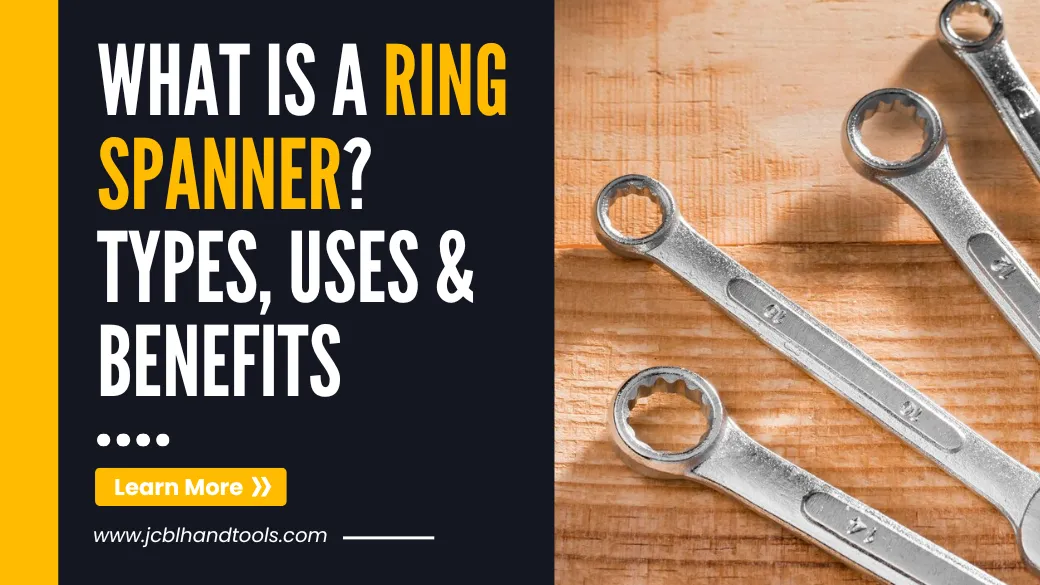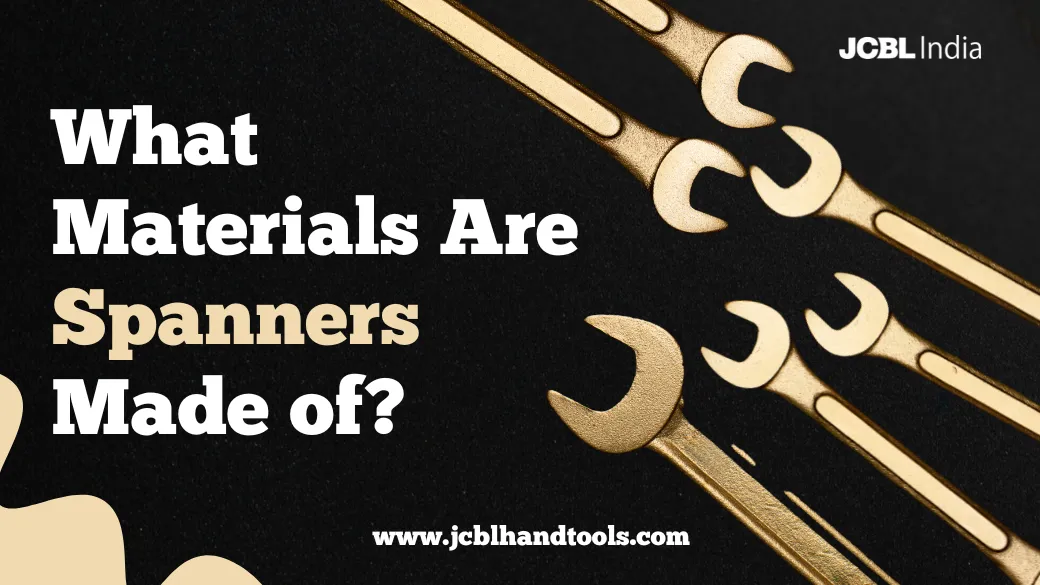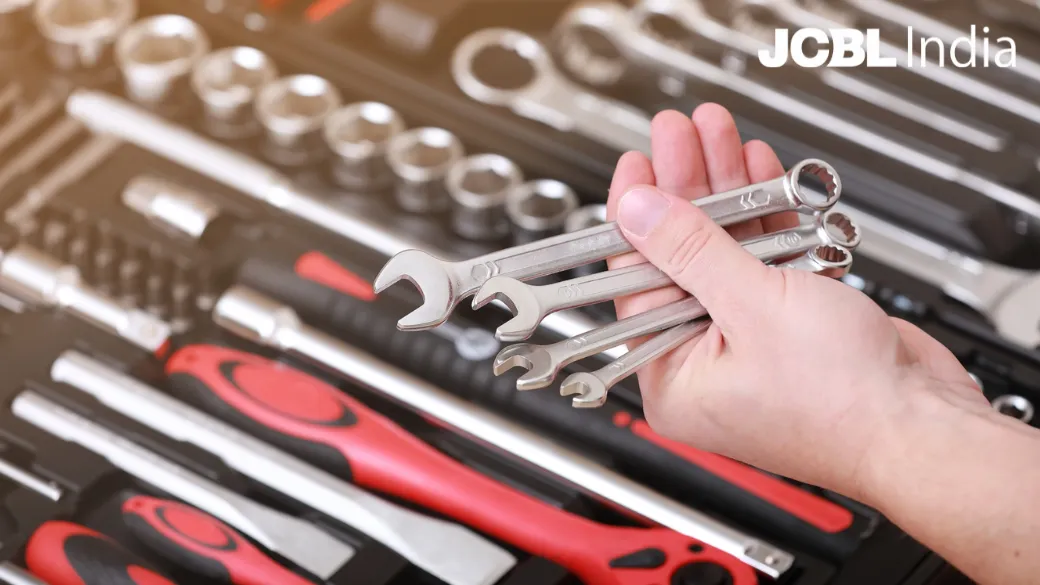Category: Spanners

Box Spanner vs. Ring Spanner: Key Differences and When to Use ThemBox Spanner vs. Ring Spanner: Key Differences and When to Use Them
In the world of mechanical and automotive tools, spanners play a crucial role in loosening and tightening bolts and nuts. However, not all spanners are created equal. Among the different [...]

What is a Box Spanner? Types, Uses, and BenefitsWhat is a Box Spanner? Types, Uses, and Benefits
In the world of tools and hardware, precision and efficiency are key. Whether you’re a professional mechanic, a DIY enthusiast, or someone who occasionally fixes things around the house, the [...]

What is a Ring Spanner? Types, Uses, and BenefitsWhat is a Ring Spanner? Types, Uses, and Benefits
Whether you’re a professional mechanic, an industrial technician, or a DIY enthusiast, having the right tools in your arsenal is essential for getting the job done efficiently. One such indispensable [...]

Complete Guide To Spanner SizesComplete Guide To Spanner Sizes
While working with bolts and nuts, spanners are despicable tools that help to loosen or tighten the tool. From the automotive workshop to the household toolbox, spanners are vital for [...]
Spanner Manufacturer and Supplier From India – A Leading SupplierSpanner Manufacturer and Supplier From India – A Leading Supplier
Spanners are widely used from regular home maintenance to a mechanic’s garage. Industries including manufacturing, automation, electricity, infrastructure, etc, use spanners for fastening nuts and bolts to assemble machinery or [...]

What Materials Are Spanners Made Of?What Materials Are Spanners Made Of?
Spanner is one of the essential tools in your toolbox. You don’t know when you’ll have to fix a machine. It is a handy tool that helps you to maintain [...]

Spanners Vs Wrenches: What’s The Difference?Spanners Vs Wrenches: What’s The Difference?
Looking for an adjustable to loosen or tighten the nuts and bolts of your car? Or working on projects but don’t know which adjustable hand tool you have. Don’t worry! [...]

Pipe Wrench vs. Adjustable WrenchPipe Wrench vs. Adjustable Wrench
When it comes to plumbing and mechanical work, having the right tools can make all the difference. Among the wrench options available, two commonly debated tools are the pipe wrench [...]

Different Types Of Spanners and Their UsesDifferent Types Of Spanners and Their Uses
Spanners are essential tools for various mechanical and DIY tasks. These versatile tools come in different shapes and sizes, allowing you to tackle a wide range of fasteners. From adjustable [...]
